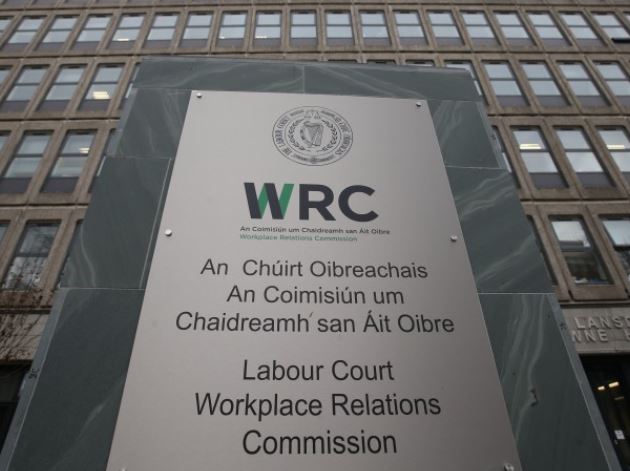Fórsa and health service employers are to meet in the Workplace Relations Commission (WRC) today (Monday 23rd September) in a conciliation aimed at resolving a dispute over job losses and staffing levels. The row has seen administrative staff and health and social care professionals (HSCPs) in Louth County hospital and Our Lady of Lourdes hospital undertaking limited industrial action since late August.
The staff are refusing to cover the work of vacant posts until management fills two posts from which temporary staff were recently removed, and lifts the threat of job losses currently hanging over another 12 temps.
Fórsa also wants agreement that the posts will be made permanent, and action to fill vacant health and social care professional posts, where staff shortages have soared by nearly 30% this year.
Overall HSCP shortages at the Louth hospitals have increased by 27% since January.
The union has also expressed concern at growing shortages of health and social care professionals at Our Lady of Lourdes hospital, which it says are undermining hospital capacity. HSCPs include pharmacy staff, dietitians, physiotherapists, occupational therapists and speech and language therapists, as well as cardiology and respiratory specialists.
It will tell the WRC that the recent expansion of beds at the hospital has exacerbated pharmacy staff shortages, which have jumped by 40% since April. Overall HSCP shortages at the Louth hospitals have increased by 27% since January.
Fórsa official Barry Cunningham said the continuing and growing staff shortages, and management’s failure to respond to them, were actively undermining hospital services for the entire region.
Fórsa wants agreement that the temp posts will be made permanent, and action to fill vacant health and social care professional posts, where staff shortages have soared by nearly 30% this year.
“We hope that the involvement of the WRC can move us beyond management’s ostrich strategy, where they have been sticking their heads in the sand and hoping this growing problem will go away. Staff and patients deserve to see the full benefits of the recent and welcome €30 million investment in the hospital, which has provided new wards and theatres, but not the staff required to deliver the full range of services. It’s just empty corridors and underused equipment,” he said.
Mr Cunningham added that the staffing crisis at the hospital has also been exacerbated by management’s decision to get rid of some agency staff providing clerical services. He said there remains a threat that more of these staff could be let go shortly.
“Once you start shedding staff who provide essential administrative and clerical support to the public and health professionals, the burden falls back on existing staff. This undermines their capacity provide the appropriate support to clinical staff,” he said.

